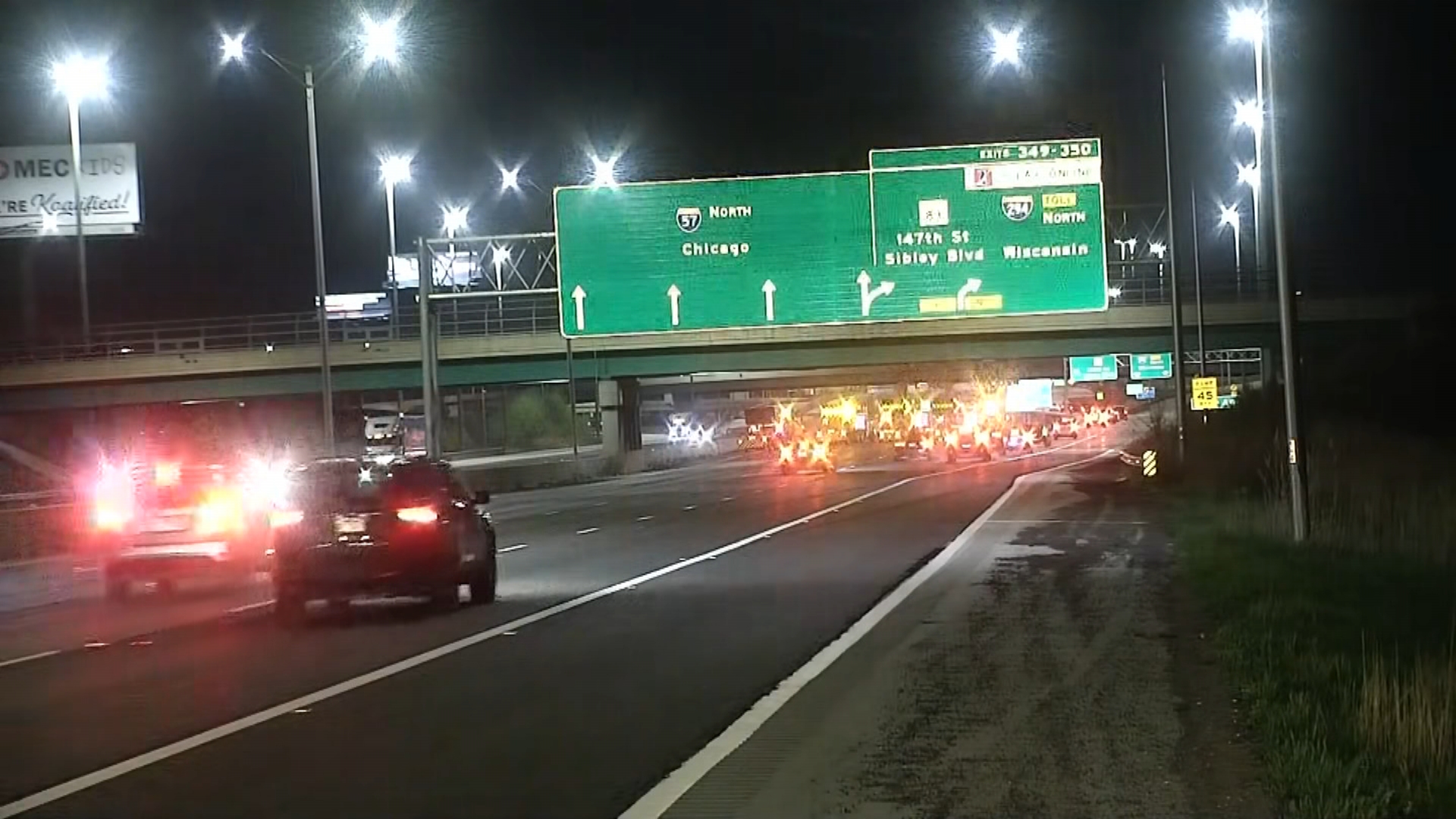The Illinois Senate voted Thursday to send a union-supported pension reform bill to the House, leaving lawmakers with two competing proposals for dealing with the nation's worst state pension problem just weeks before the Legislature is scheduled to adjourn.
The Senate voted 40-16 Thursday to advance a measure sponsored by Senate President John Cullerton. The Chicago Democrat negotiated the plan with some of the state's largest public-employee unions. Cullerton says it's the only pension-reform approach that is constitutional, and the unions have agreed not to file a lawsuit if the measure is signed into law as written.
But House Speaker Michael Madigan prefers a plan he that sponsored and the House approved last week and that he says could save the state three times more money than Cullerton's proposal.
Gov. Pat Quinn backs Madigan's measure, as did Senate Republicans. But rather than take up Madigan's proposal in the Senate, Democrats there opted to go with Cullerton's union-friendly plan.
Steve Brown, a spokesman for Madigan, rejected any suggestion that a battle is brewing between the two Chicago Democrats, like the showdowns that used to occur between Madigan and former Gov. Rod Blagojevich's legislative allies.
"Anybody who wants to suggest there's some kind of confrontation showdown I think doesn't know Mike Madigan and John Cullerton very well," Brown said. "They've worked cooperatively for many years. Unlike the Blagojevich years when people did showdowns - that's not going to happen here."
It remains to be seen if a deal can be struck between the two sides or if one leader will succumb to the other's approach.
Local
Quinn, who has said fixing the state's nearly $100 billion pension crisis is his top priority, told reporters Thursday that Madigan's plan should get a vote in the Senate before the end of the month. He said the proposal contains the principles for reform that he outlined more than a year ago.
"I think it's important for them, members of the Senate, (to) take a look at everything," the Chicago Democrat said. "But ultimately it's important for (Madigan's proposal) to get a vote."
Cullerton's plan would give workers and retirees a choice in retirement benefits. Current workers would choose among three different benefit packages, while retirees would choose between two. For example, workers who want to receive 3 percent cost-of-living increases compounded annually wouldn't get health insurance. If they want health insurance in retirement, they would receive smaller cost-of-living adjustments.
Cullerton says the legislation would save Illinois about $46 billion over the next 30 years. In 2015, the state's annual pension payment would be about $850 million less in 2015 than is currently scheduled.
Madigan's bill would unilaterally cut benefits for employees in four of the five's public retirement systems. He says it would save about $150 billion over 30 years, and reduce the 2015 scheduled payment by $1.8 billion.
It would require public employees to pay 2 percent more toward their retirement benefits, reduce annual cost-of-living increases for retirees and increase the retirement age for workers under 45. Madigan, a Chicago Democrat, says the bill would fully fund the pension systems in 30 years. The plan Cullerton is backing would get the systems to be 90 percent funded in that same timeframe.
Public-employee unions have said they will file a lawsuit if Madigan's bill is enacted. They say it violates a clause in the state constitution that says pension benefits can't be reduced.
Cullerton says if Madigan's bill is thrown out by the courts, the actual savings would be zero.
Illinois has the nation's worst state pension crisis, due largely to years of lawmakers skipping or shorting their payments to the state's five retirement systems. The massive unfunded liability has put pressure on other areas of the state budget and prompted credit rating agencies to give Illinois the lowest credit rating of any state in the country. The bond houses have warned that another downgrade could occur if the General Assembly doesn't take action by the end of the legislative session, which is scheduled for May 31.



